There are so many prenatal vitamins available out there that it is difficult to know which one will best suit you. What you should know is that what may work for you may not work for another person. Women respond to supplements differently. It depends on which element of your body has a deficiency or which element can boost your body and that of your baby also.

Eating a whole lot of food is not always possible to absorb the necessary amount of nutrients. This is where prenatal vitamins come in handy. You can research over the net or ask your doctor which vitamins will best suit you. But in the end, you would still want to know if you can take this or that because you don’t want the baby to lack any of the nutrients that will make him/her smart and strong. And, your doctor will not have time to give you a whole list of the essential nutrients beneficial for both baby and you.
So, what you can do is to request your doctor to prescribe you an in-depth blood test to determine where your deficiencies are and whether you should be going for a prescription or an over-the-counter prenatal vitamin.
Prescription vs over-the-counter prenatal vitamins
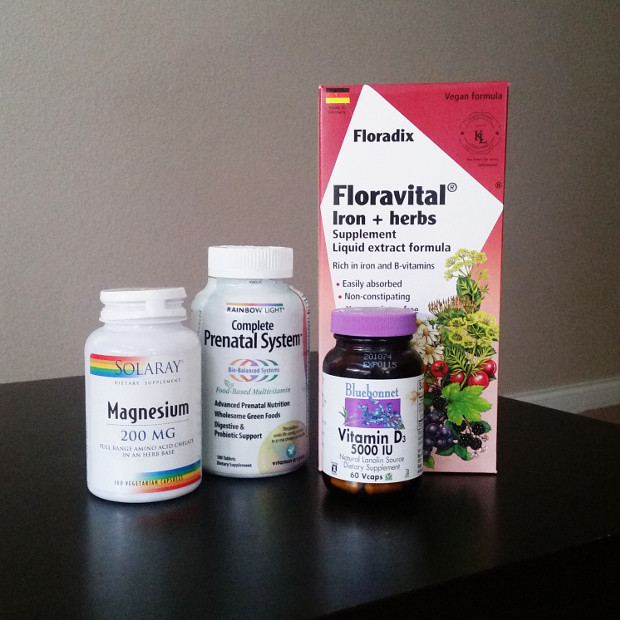
Keep in mind that the essential ingredients are pretty much the same in each. But, some prescription prenatal vitamins may contain extra nutrients at higher doses. Nutrients such as omega 3 fatty acid or zinc and iron. Some over-the-counter whole prenatal multivitamins are excellent. You can check on their nutritional facts and talk to your doctor.
What should the best prenatal vitamins include?
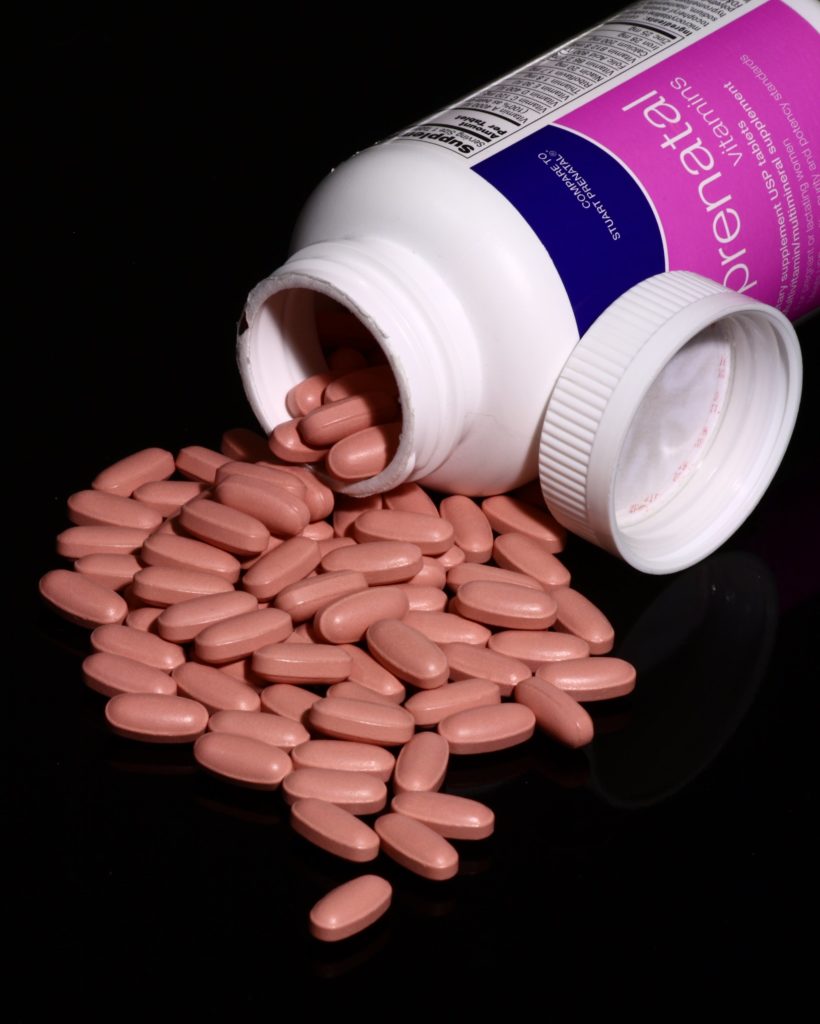
The nutrient that is most imperative in a prenatal vitamin is folic acid. It is an established fact that folic acid decreases the risk of neural tube defects like spina bifida. In a supplement, you may find more than 30 nutritional elements. It is a huge list like below:

So, what you should be looking for?
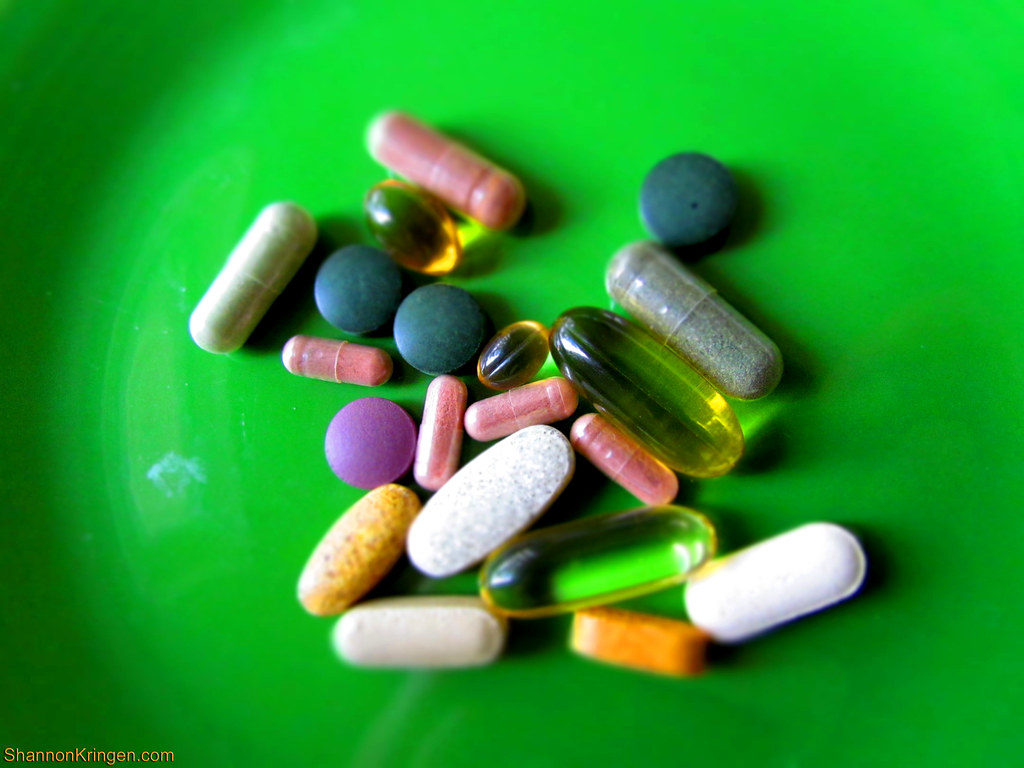
Folic acid, iron, calcium, vitamin D, DHA. The rest is as much important, but you should be getting most of them from eating a balanced diet. The supplement will be most helpful for people who cannot follow a balanced diet.
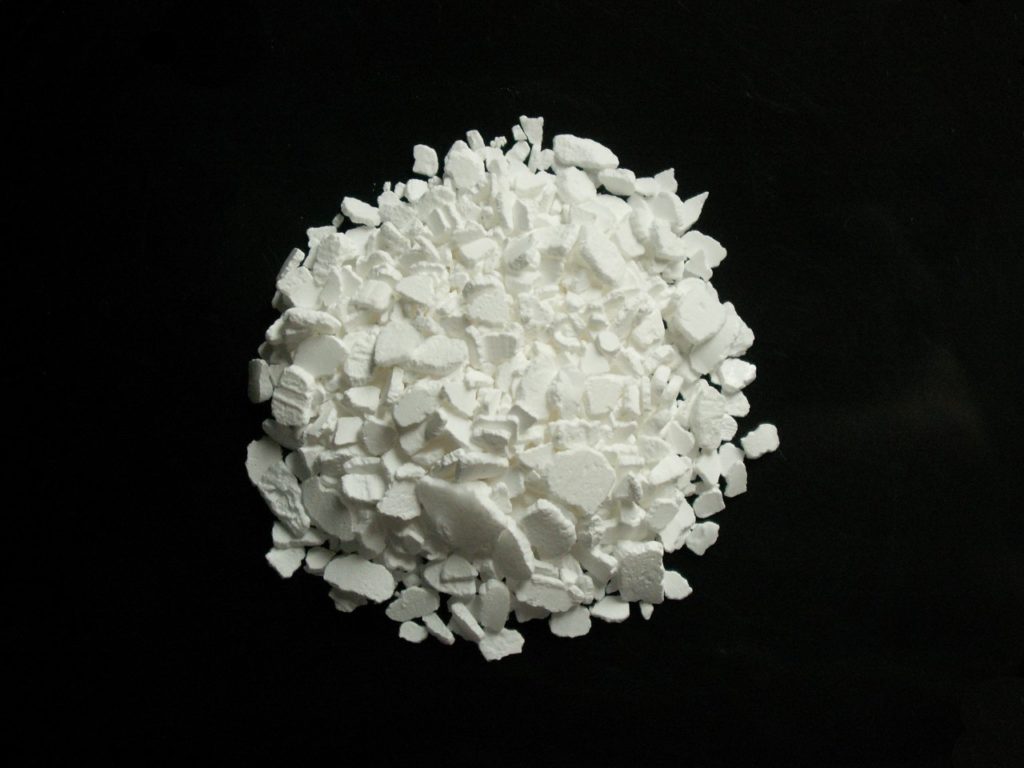
Calcium is essential to support a baby’s bone development. It also prevents osteoporosis in the mother. Most prenatal vitamins contain 200 – 300 mg of calcium. You will need to get more from your food.

Vitamin D works together with calcium to help the baby’s bones and teeth develop. It’s also necessary for healthy eyesight and skin. Most prenatal vitamins contain about 400 international units of vitamin D.
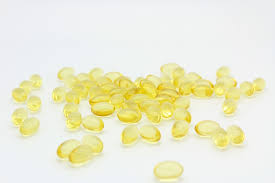
DHA is essential for all of us. It is an omega-3 fatty acid that helps our brains to perform at their best.
From the Joint FAO/WHO Expert Consultation on Fats and Fatty Acids in Human Nutrition, 10-14 November 2008, WHO, Geneva
They concluded and recommended:
For adult pregnant and lactating females, the minimum intake for optimal adult health and fetal and infant development is 0.3 g/d EPA+DHA, of which at least 0.2 g/d should be DHA. … The US Food and Drug Administration (DHHS 1997) having set a ‘Generally Regarded as Safe’ level of 3000 mg/day …

EPA is yet another essential omega-3 fatty acid which works together with DHA to keep the brain strong and healthy.
Note the % Daily Value from the right column in the above table. Some nutrients are below 100% of your daily recommended value. You will get the rest of your daily recommended value from food. Check on the labels of the products available over the counter. Talk to your doctor about your needs and he/she will help you choose one that best addresses them.

I hope the above help you with choosing your prenatal multivitamin. Good luck with your baby.

